Studying Biology in Ehime University
The 21st century is characterized as the era of biology, which delves into the principles and mechanisms of life and explores the evolutionary history of living organisms. Biology has expanded into various fields and disciplines and is interconnected with other sciences and technologies.
All life phenomena can be observed through a hierarchical perspective, from the molecular and cellular levels to the population, community, and ecosystem levels. Understanding the patterns and processes of evolution is essential in comprehending all living systems.
In our course, faculty members conduct diverse research from unique perspectives on topics such as “morphogenesis,” “physiology and adaptation,” and “ecology and environment,” incorporating evolutionary perspectives and approaches. Students can gain a comprehensive understanding of biology across all hierarchical levels, from molecules to ecosystems, and study a wide range of taxonomic groups, including microorganisms, plants, and animals. Additionally, students can engage in cutting-edge environmental research at the Center for Marine Environmental Studies (CMES).
Faculty
If you click on the name, you will be directed to the corresponding page on Researchmap, where you can find more information about the researcher and their publications. To access additional information, simply click on the icon located on the right-hand side of the page.
| Fields | Name | Research | Find more |
| Embryology | Hiromi Takata | Morphological and histological studies on organ changes associated with the metamorphosis of African clawed frogs |  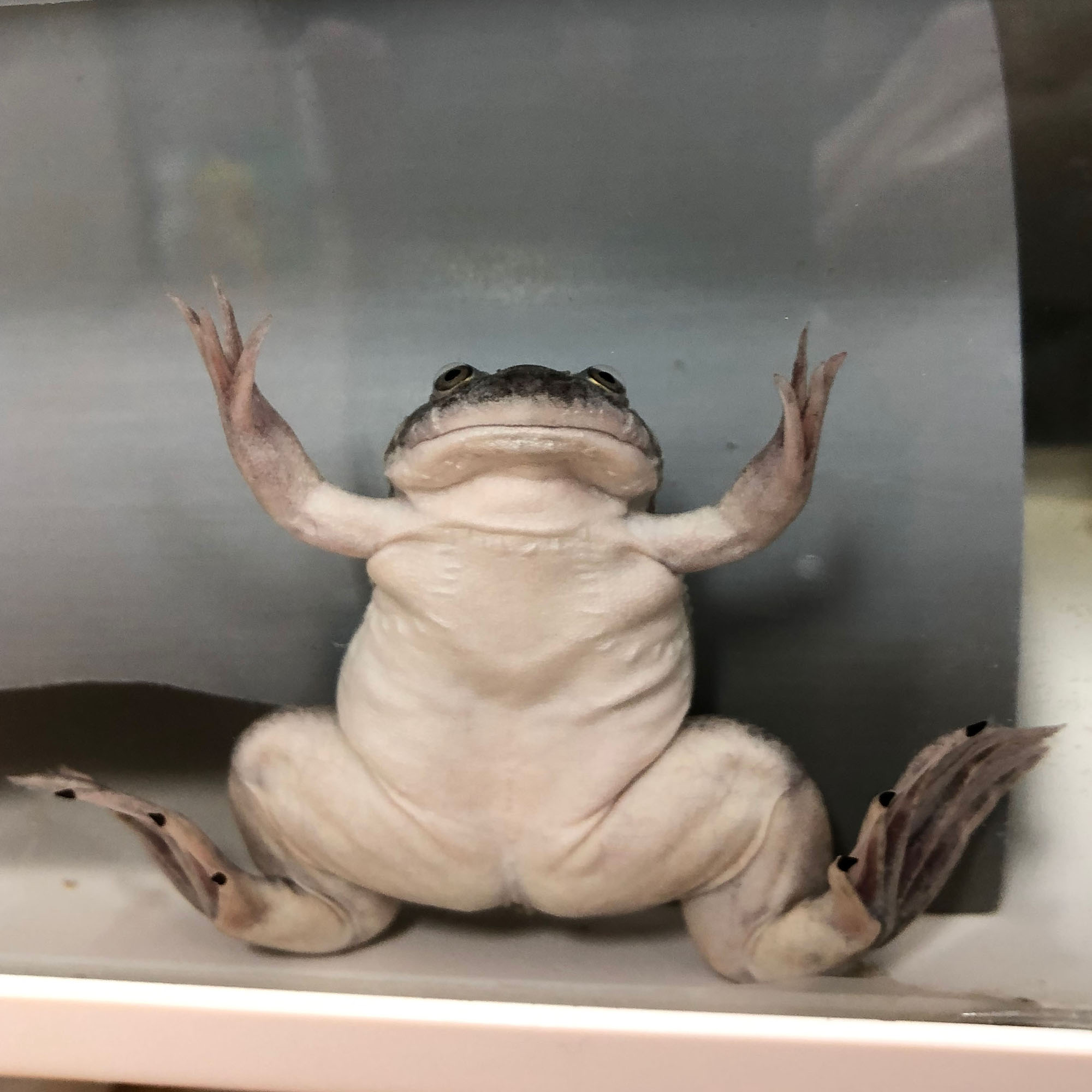 |
| Evolutionary morphology | Yasunori Murakami | Evolutionary developmental studies of the vertebrate brain and neural network | 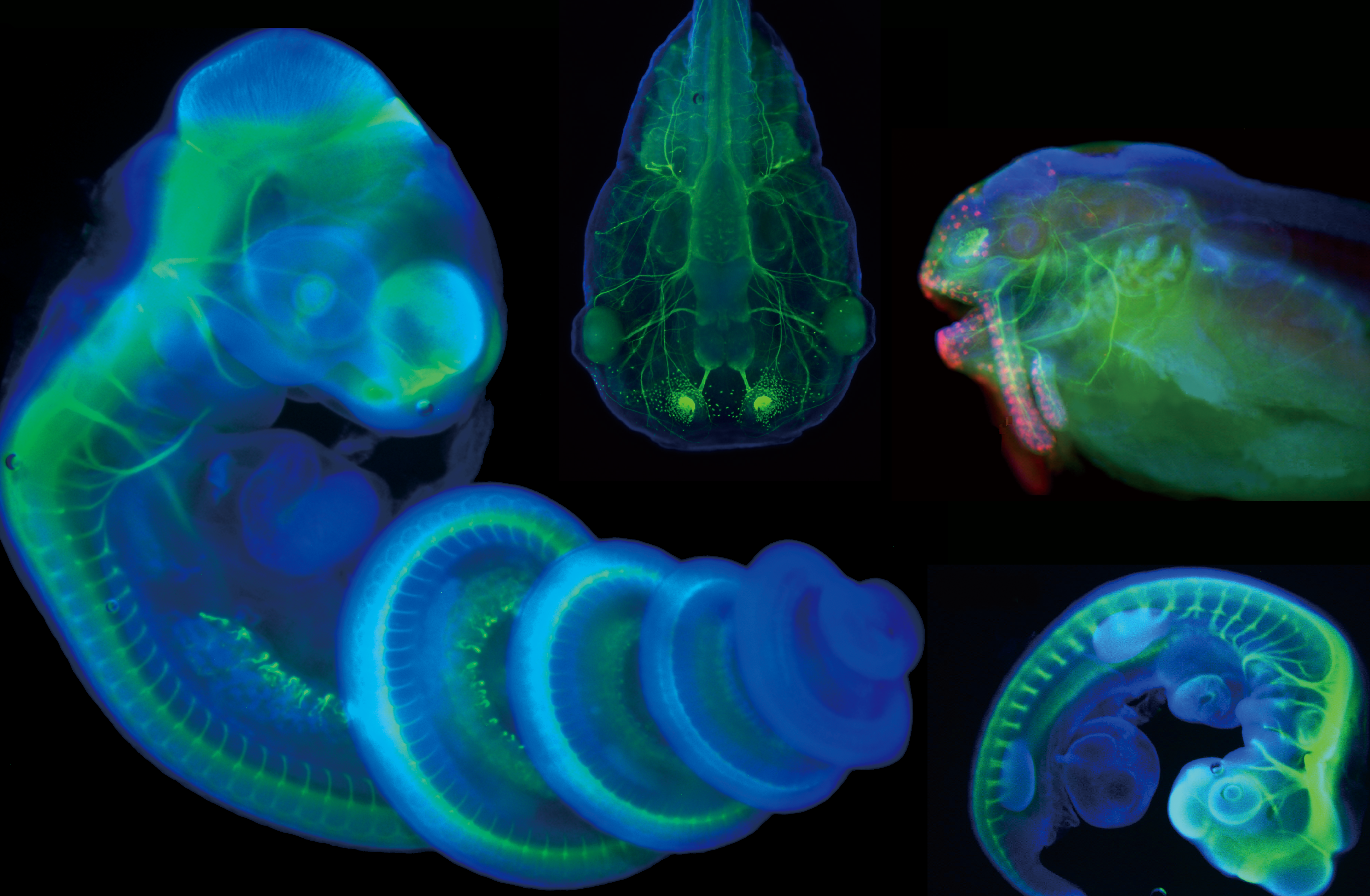 |
| Evolutionary morphology | Makiko Fukui | Comparative embryological studies of arthropods, especially insects | 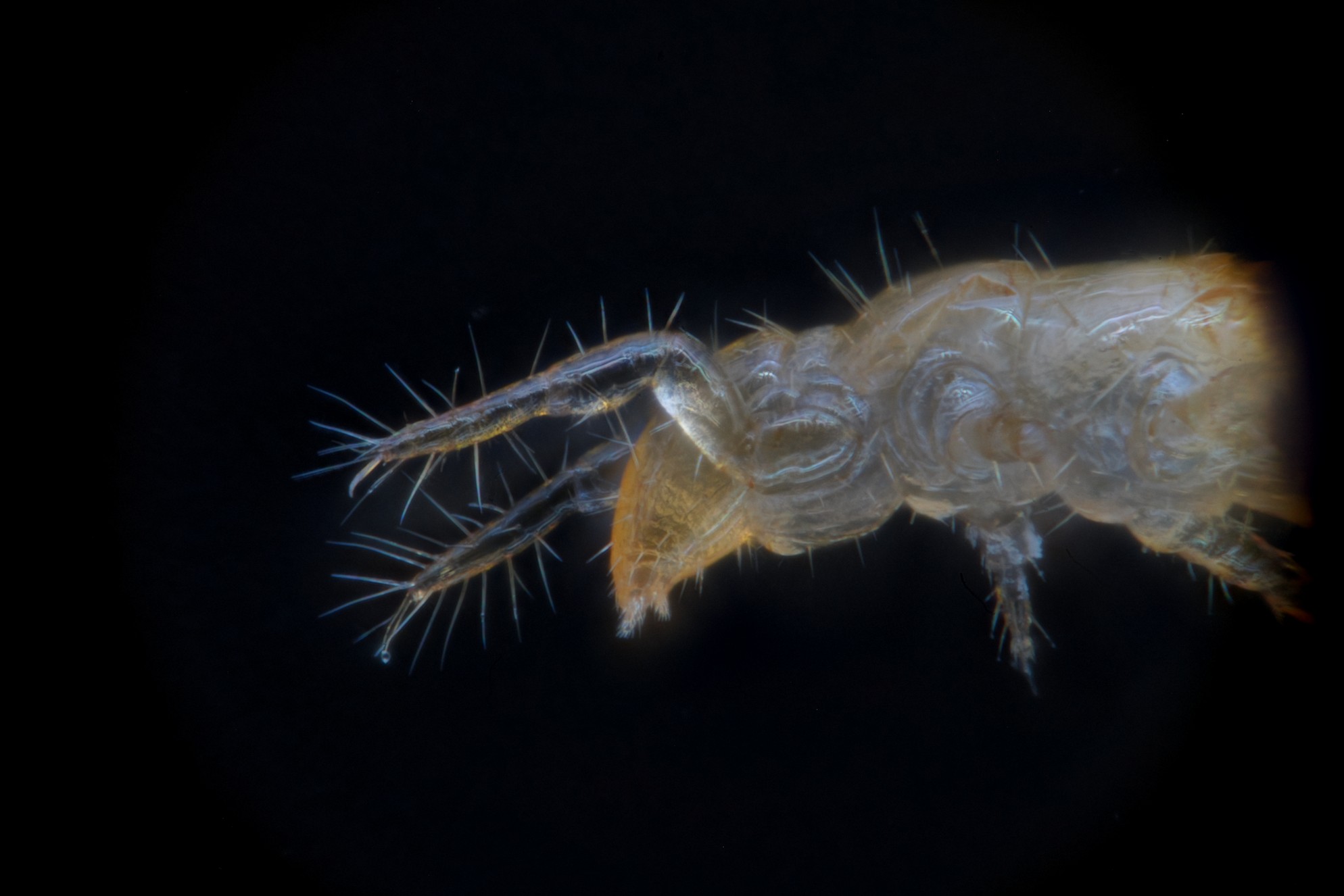 |
| Plant morphology | Yasushi Sato | Research on mechanisms of cell differentiation, morphogenesis, and environmental responses in higher plants: especially, mechanisms of lignin production in response to xylem differentiation and environment | 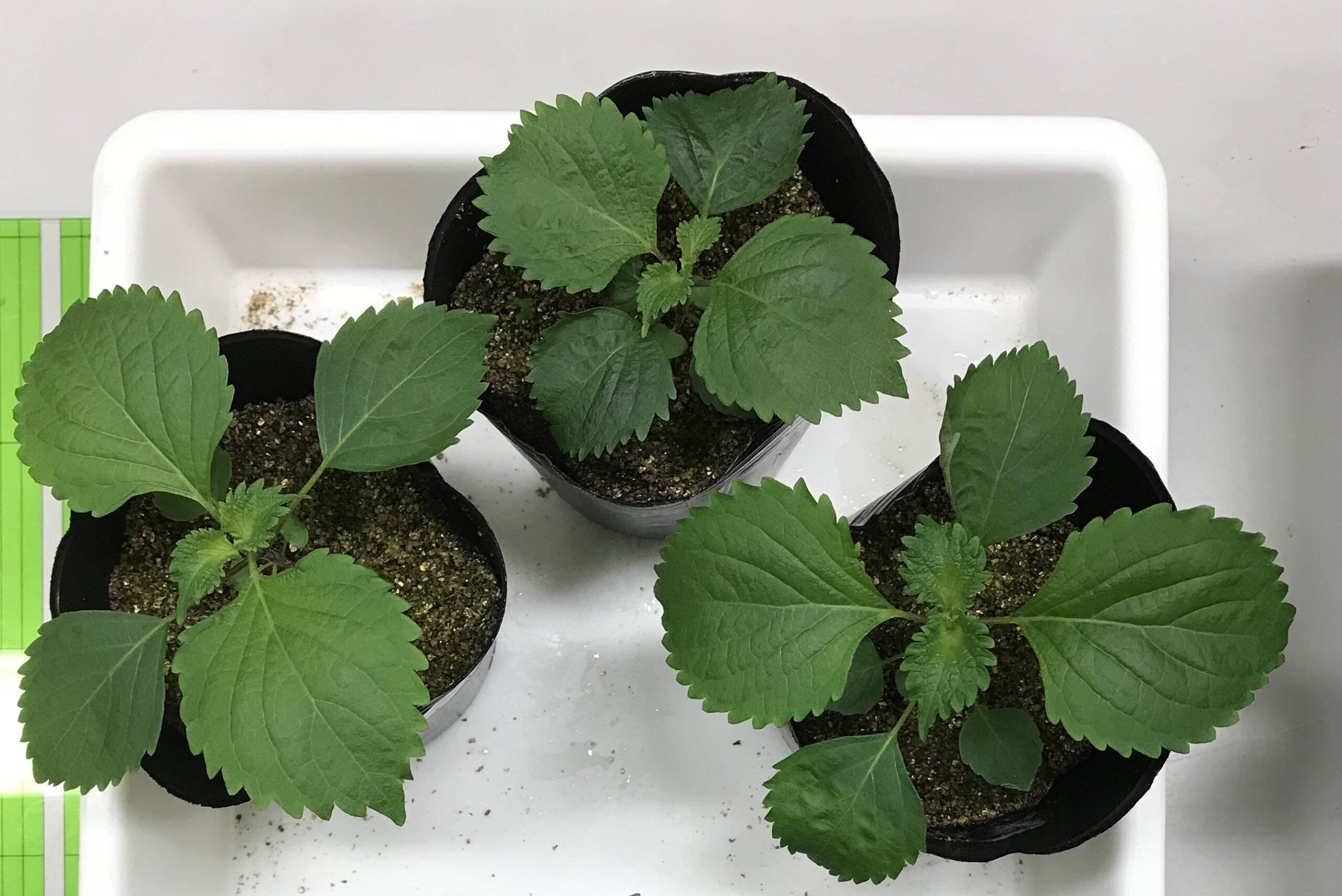 |
| Plant morphology | Tsuyoshi Kaneta | Regulation of cell shape and growth by phytohormones in higher plants | 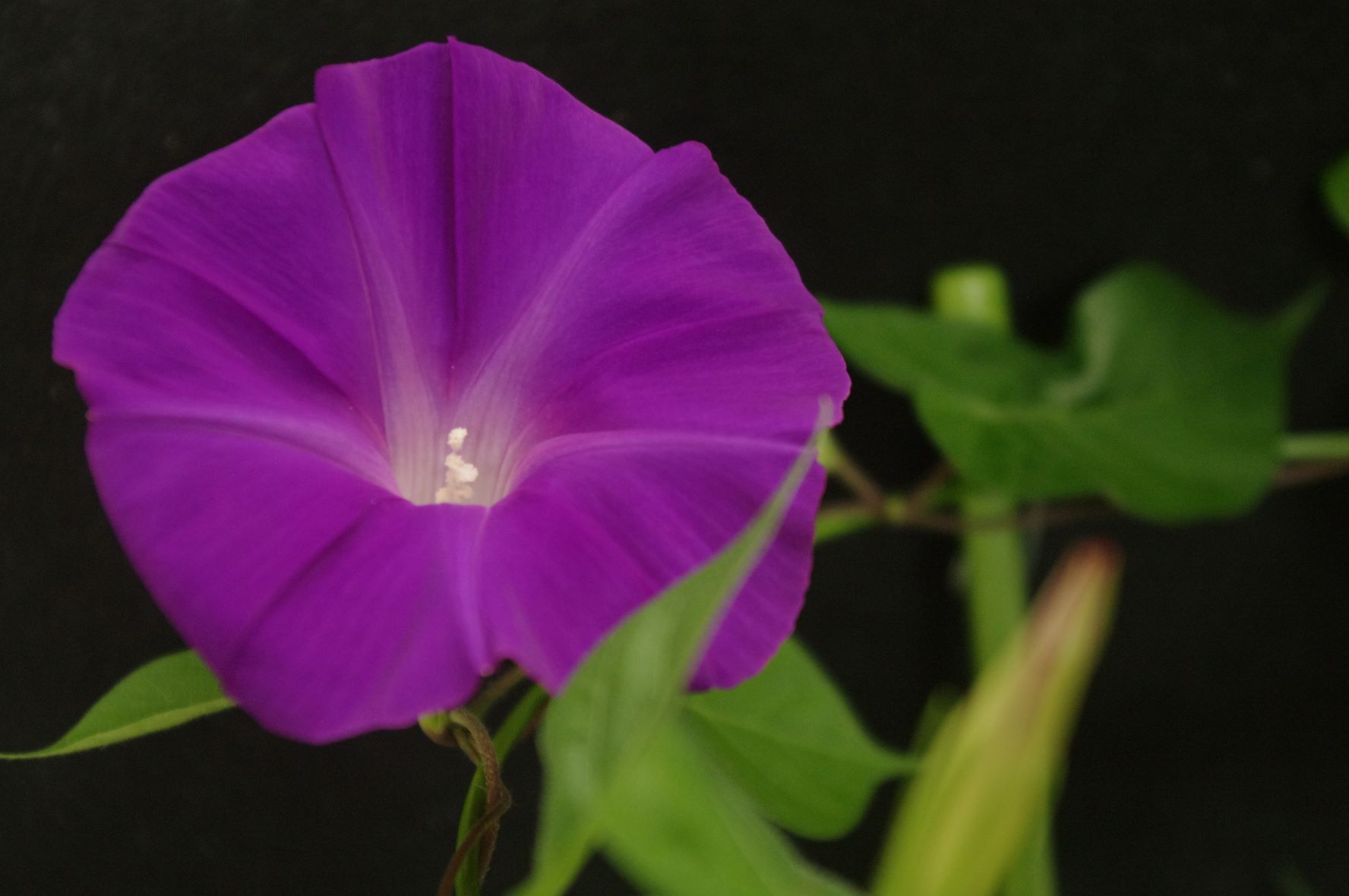 |
| Plant physiology | Yo Sakuma | Induction mechanisms of stress tolerance against water and temperature in plants | 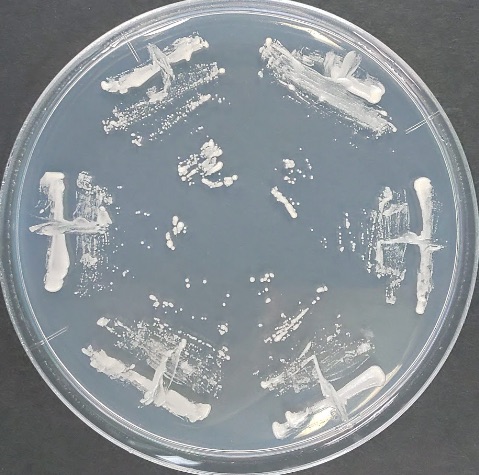 |
| Plant physiology | Hirotaka Kato | Developmental control mechanisms and their evolution in land plants |  |
| Biological response to environmental stresses | Kei Nakayama CMES | 1. Evaluation of toxic effects of toxic substances on aquatic organisms 2. Analysis of biological responses to changes in complex environmental factors | 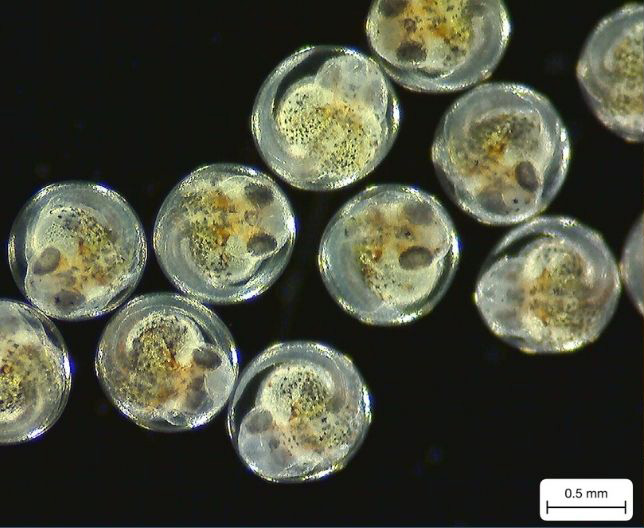 |
| Toxicology | Hisato Iwata CMES | Toxic effects of environmental pollutants on wildlife; elucidation of their molecular mechanisms, and development of risk assessment methods | 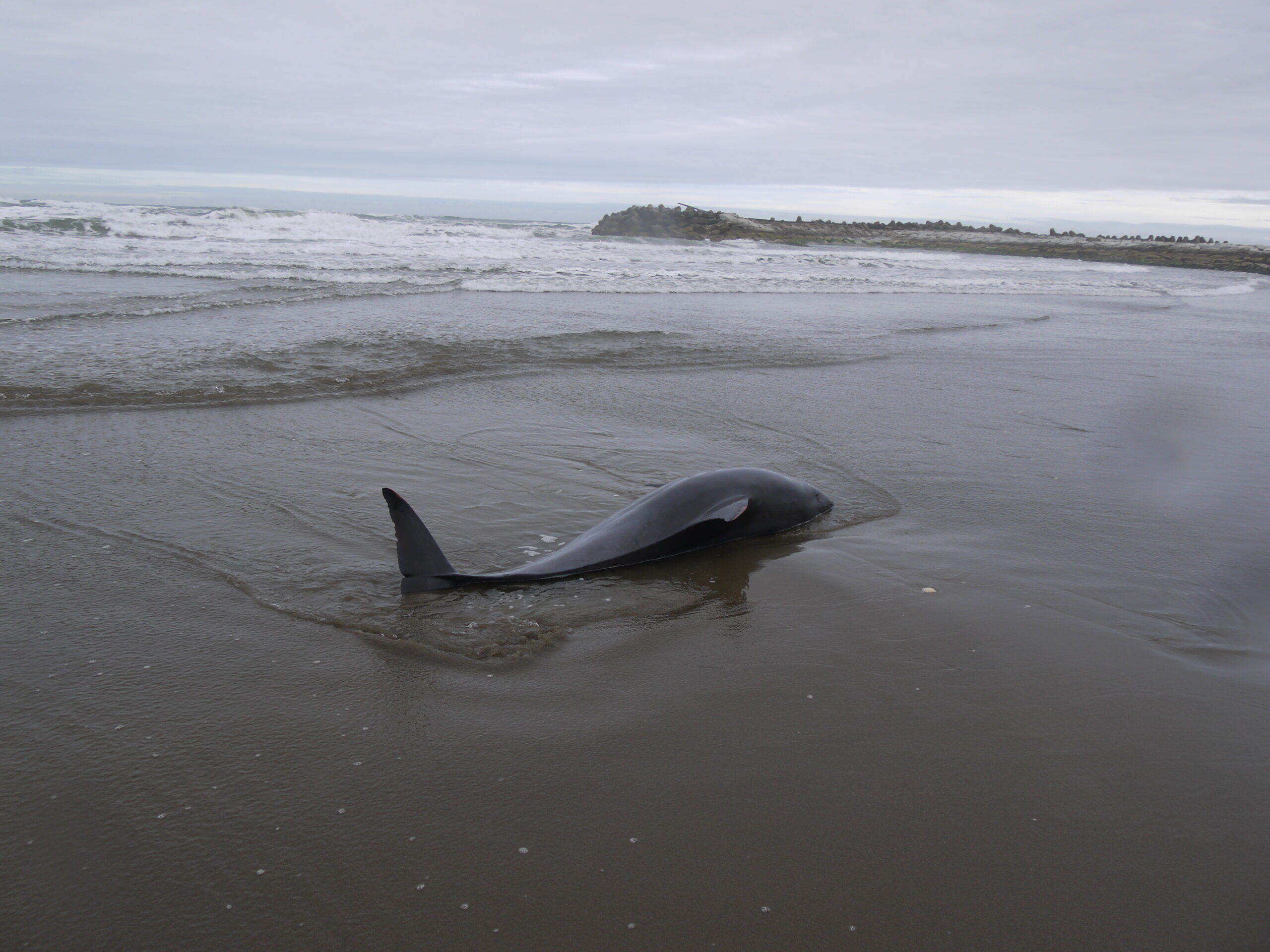 |
| Molecular ecology and health | Kozo Watanabe CMES | One Health research to protect humans, animals, and the environment in Asian cities and aquatic environments, and molecular biological analysis of aquatic insects, bacteria, viruses, and vector mosquitoes | 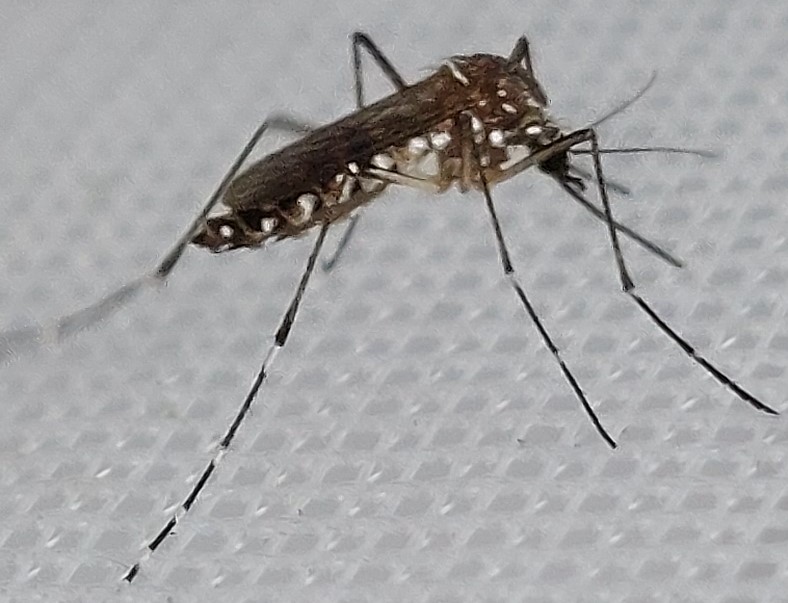 |
| Marine ecology | Kohei Hamamoto CMES | Ecological research on coastal benthic invertebrates, especially echinoderms (sea cucumbers and starfish) | 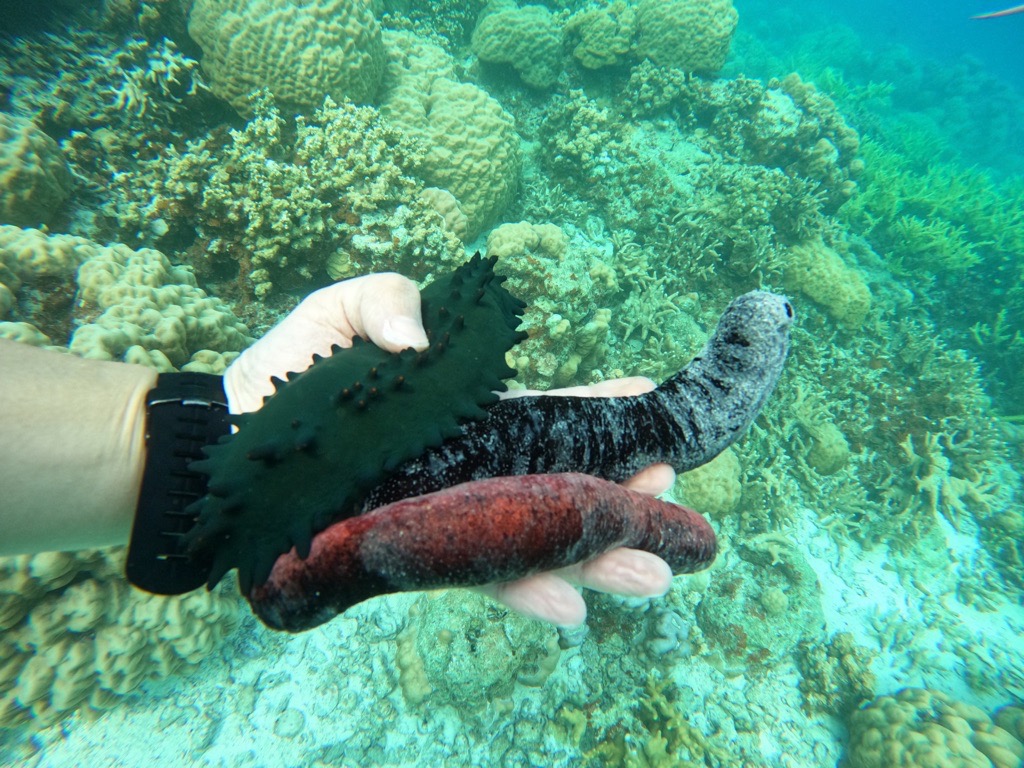 |
| Ecology | Mikio Inoue | Riverine environment and biological communities environmental structure of rivers; distribution patterns of organisms; interactions among organisms; and responses to environmental modification, focusing on fish and benthic invertebrates | -1.jpg) |
| Ecology | Hiroki Hata | The network structure of interspecific relationships between primary producers and consumers in freshwater and marine realms; especially, species specificity and cultivation symbiosis between algae and algae-eaters in coral reef areas and Lake Tanganyika, Africa | 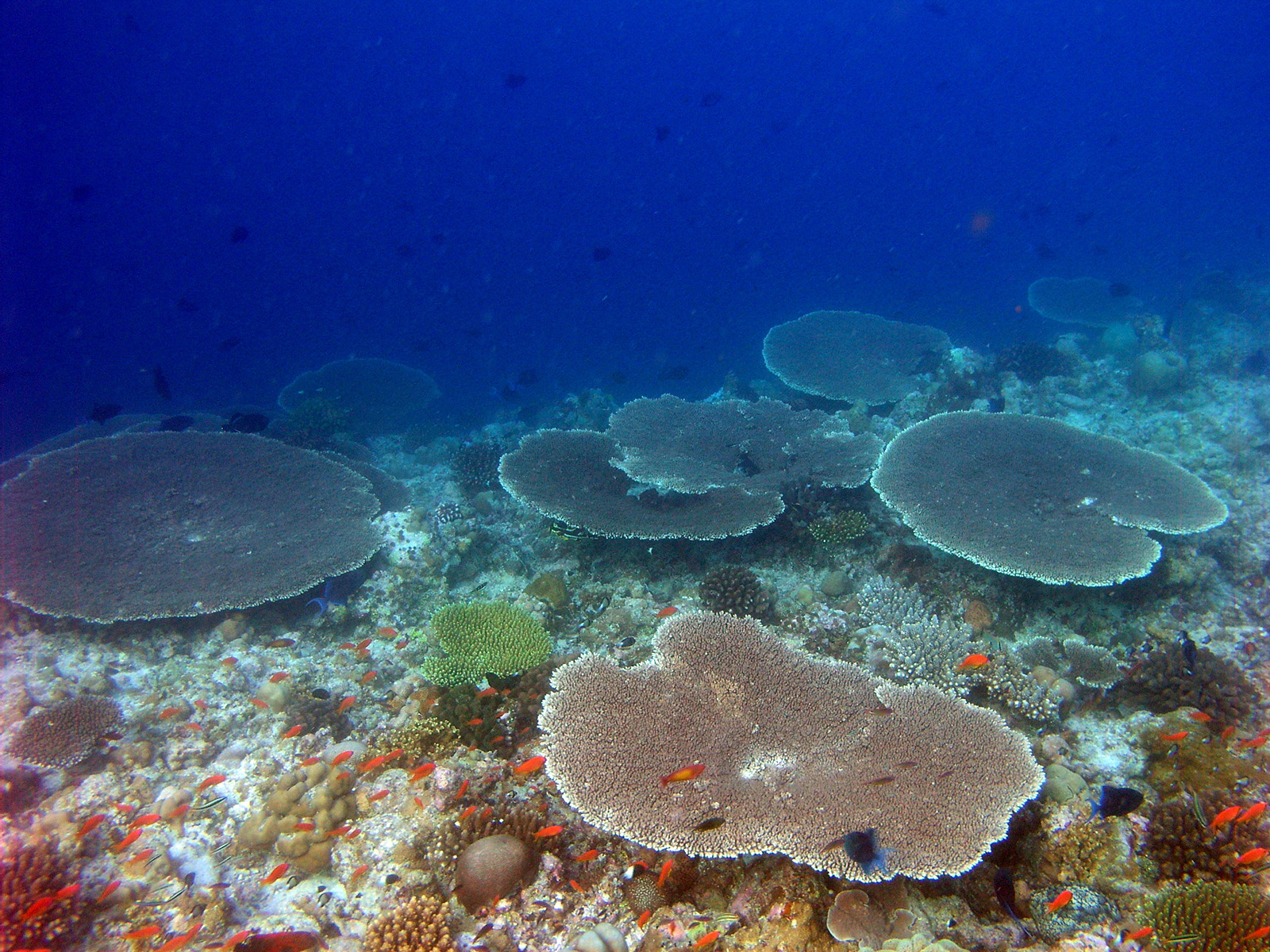 |
| Ecology | Yume Imada | Evolutionary ecology of plant-insect interactions; ecology and ecological morphology of insects; paleoecology of biological interactions in the fossil records |
How to enroll in Ehime University?
Information on admissions for the Faculty of Science at Ehime University is available here.
